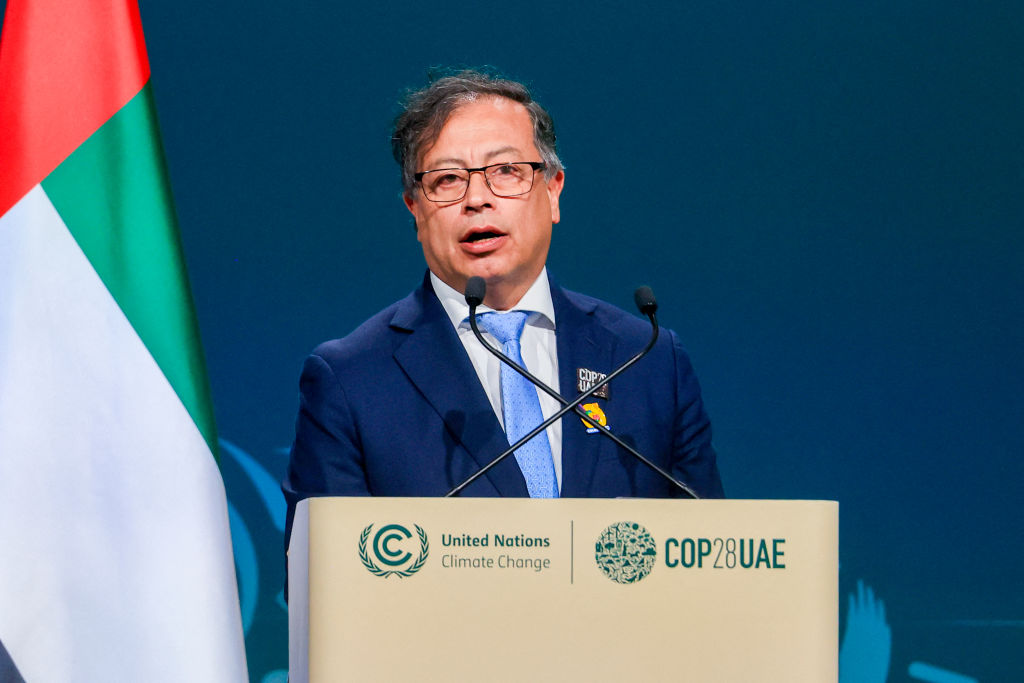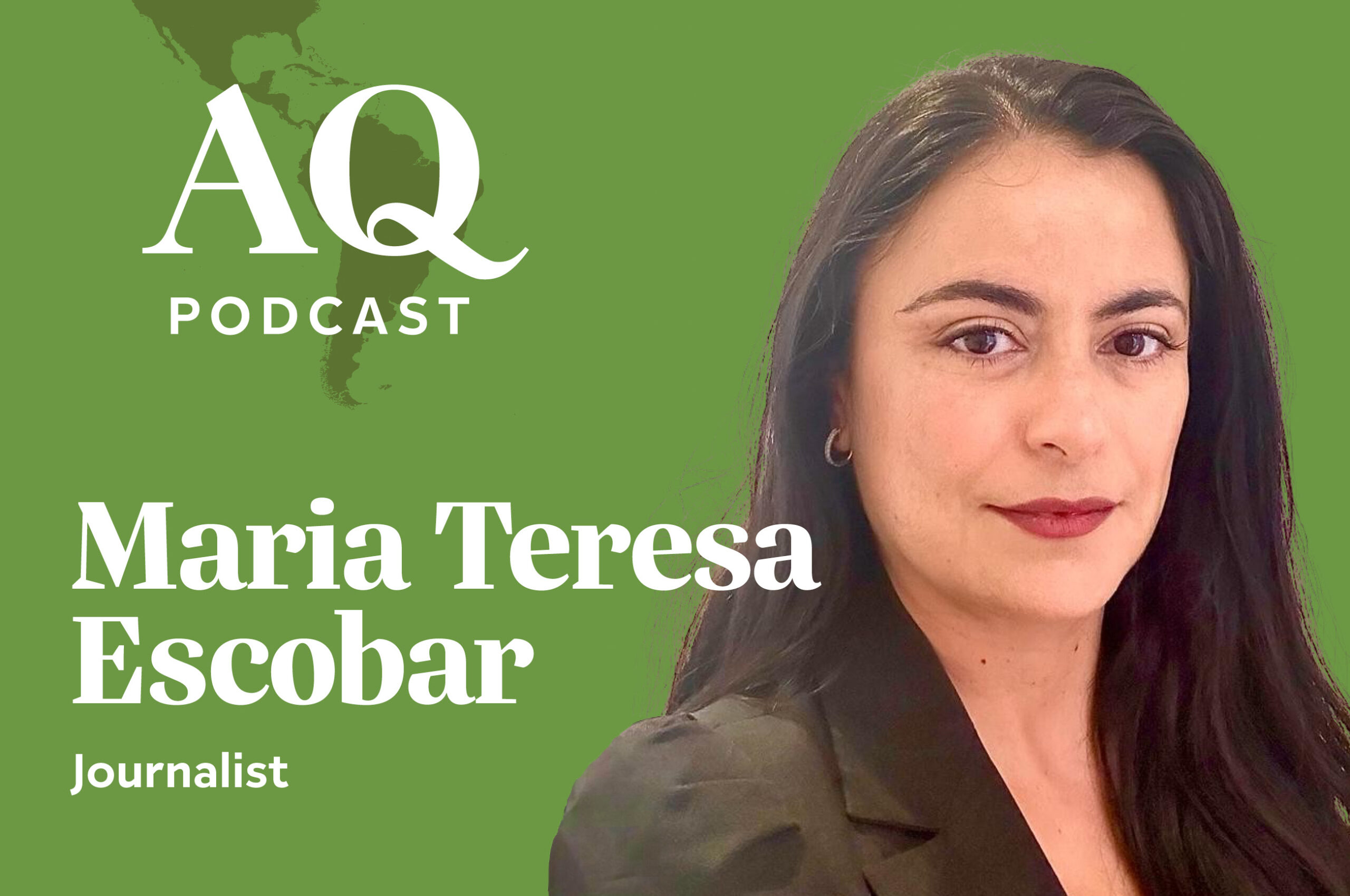Video: Enhancing Food Security—Technology, Infrastructure, and Cross-Sector Collaborations
Video: Enhancing Food Security—Technology, Infrastructure, and Cross-Sector Collaborations
Feeding a growing population represents an important challenge for Latin America and the Caribbean. The region has emerged as a major food producer and exporter, a trend underscored by the increasing demand from Asia and current economic uncertainty across the globe. Still, rising and volatile food prices and unequal access to food at home are well-known difficulties. According to the Inter-American Development Bank, Latin America and the Caribbean comprise 24 percent of the world’s arable land and agricultural production must grow by 80 percent by 2050 to meet increased demand in the region alone.
Finding solutions to these issues requires cross-sector and intergenerational collaborations between the public and private sectors, academia and business, research and practice. Improvements in technology and infrastructure are essential, and efforts to incorporate rural farmers in formal markets can have a tremendous impact.
This program offered a dialogue on the most innovative approaches to enhancing food security in the region and around the world. Expert panelists addressed how innovations in technology and strategic infrastructure can transform the market and how the next generation can focus efforts to contribute to global solutions.
Keynote address:
- Carl Hausmann, Global Policy Advisor, Bunge Limited (former President & CEO for Bunge Europe and Bunge North America)
Panel discussion:
- Gary Alex, Farmer-to-Farmer Program Manager, Bureau of Food Security, U.S. Agency for International Development
- Dr. Miguel García Winder, Director of Agribusiness and Trade, Inter-American Institute for Cooperation on Agriculture (moderator)
- Nicholas T. Nelson, Director, North America Liaison Office, Food and Agriculture Organization of the United Nations
- Jefferson Shriver, Technical Advisor for Agro-Enterprise and Climate Change, Latin America and Caribbean, Catholic Relief Services







